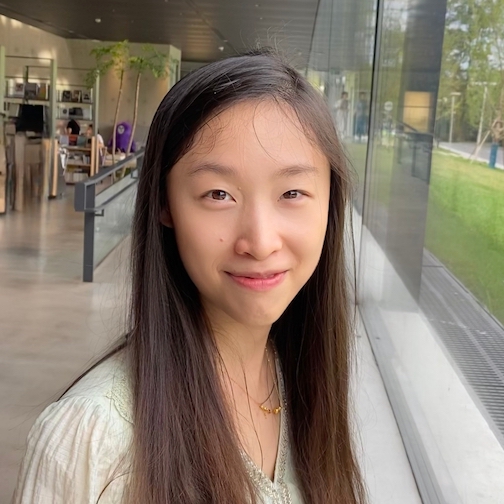
Background
Yuchen is a doctoral student working with Susan Goldin-Meadow and Marisa Casillas. Before coming to Chicago, she received her BA in Education at Zhejiang University and Ed.M. in Human Development and Psychology at Harvard University.
Research Interests
Yuchen is interested in early linguistic and communicative development. She aims to better understand how varying participatory roles within interactions—such as those of direct addressees and overhearers—contribute to the acquisition of vocabulary and communicative acts. Her work is particularly informed by a cross-cultural perspective and an interdisciplinary approach, bridging insights from developmental psychology, linguistics, and anthropology.
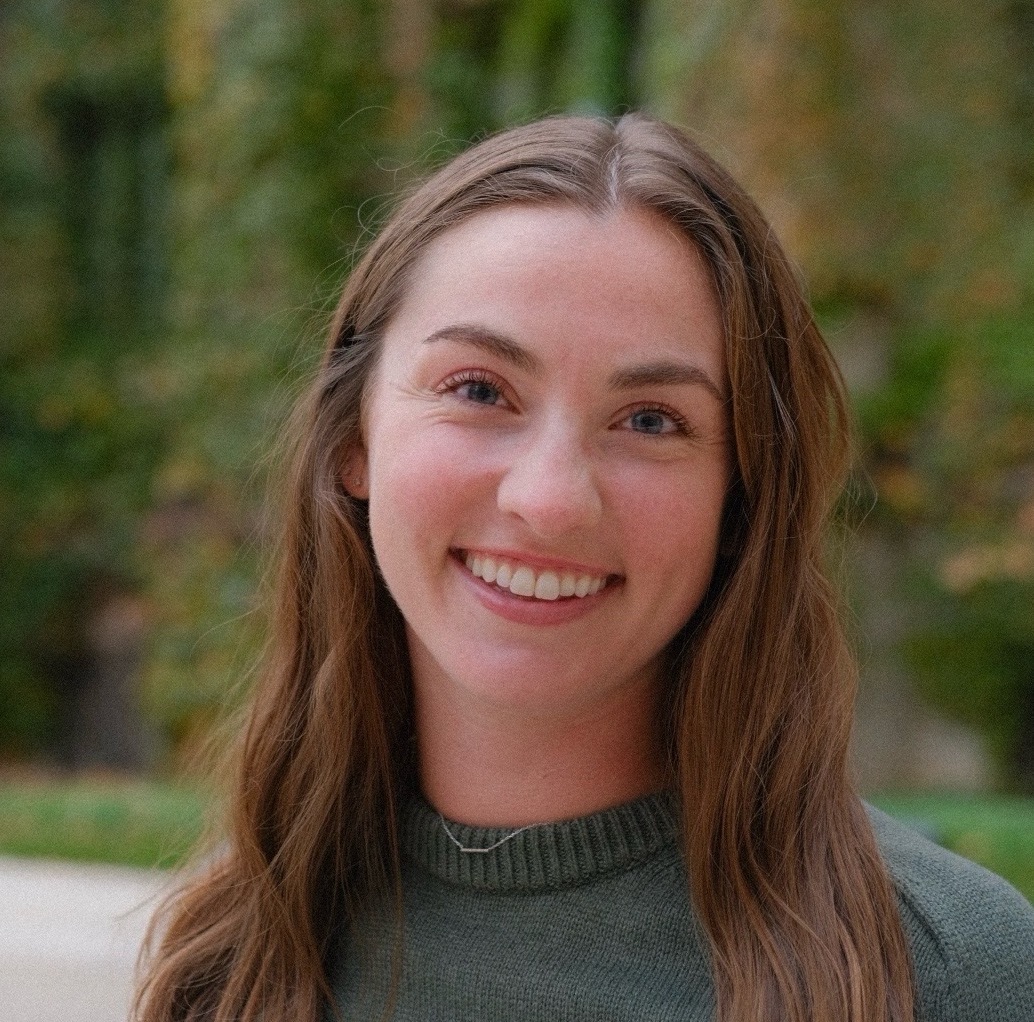
Background:
Madeline is a doctoral student in the Computational Cognitive Neuroscience program working with Dave Gallo. She earned a B.S. and an M.A. in Neuroscience from Boston College in 2023 and 2024, respectively. For her Master's thesis, she conducted an fMRI activation likelihood estimation meta-analysis to investigate spatial memory encoding and retrieval activity in the hippocampus under the supervision of Dr. Scott Slotnick. Madeline also worked as a research associate under the guidance of Dr. Lauren Moo and Dr. Maureen O'Connor at the Veterans Affairs Medical Center in Bedford, MA, where she focused on intervention programs for caregivers of dementia patients.
Research Interests:
Madeline’s research interests center on memory in the context of cognitive aging, with a particular focus on the differences in memory decline between healthy and pathological aging. She aims to identify subtle yet detectable memory impairments that may serve as early indicators of Alzheimer’s disease.
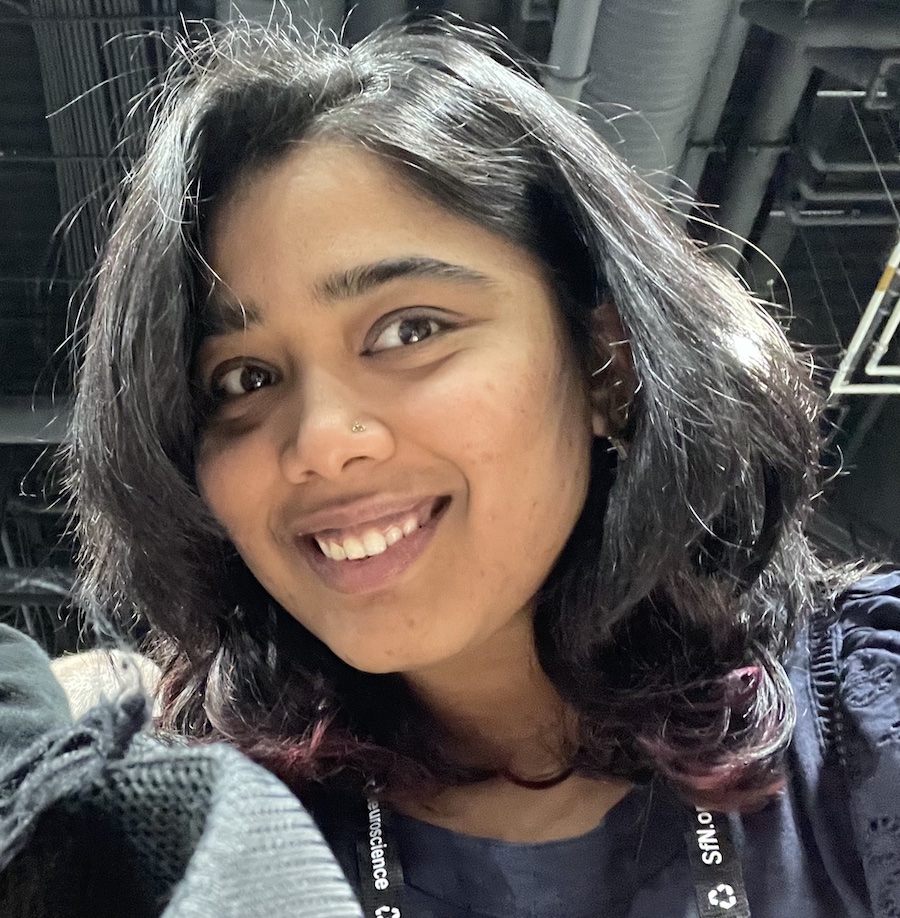
Background:
Kruthika is a doctoral student in the Integrative Neuroscience program working with Sarah London.

Background:
Zac is a doctoral student in the Integrative Neuroscience program working with Jai Yu and Leslie Kay. Zac studied philosophy and the history of math and science at St. John’s College, Annapolis.
Research Interests:
Zac is interested in the interactions between the prefrontal cortex and the hippocampus, and the role that those interactions play in learning and memory. Using electrophysiology and optogenetic perturbation he hopes to learn more about how brains solve problems.
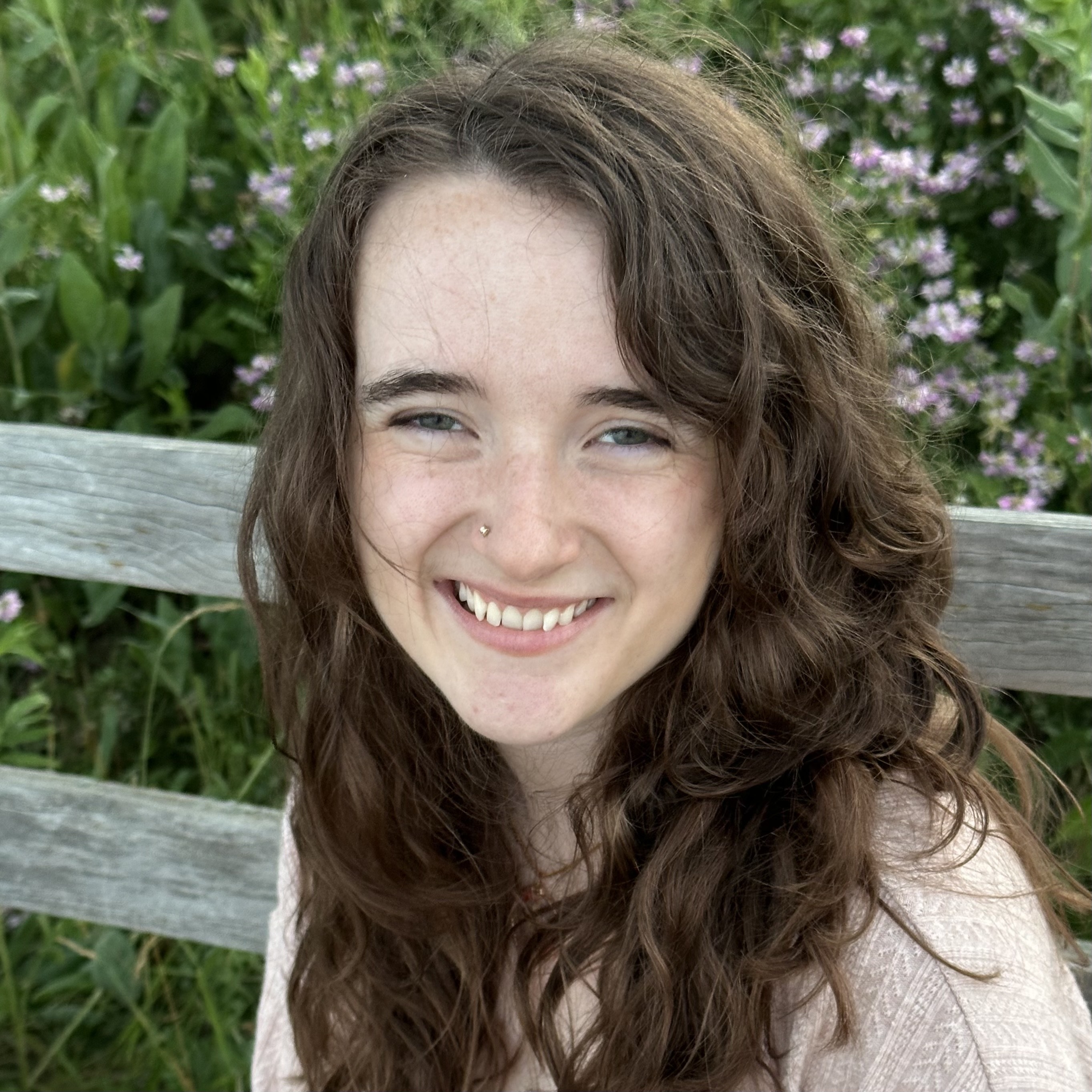
Background:
Mystie Saturday is a doctoral student in the Social Psychology program working with Lydia Emery. Originally from the southeastern US, she graduated from Emory University in 2022 with a B.A. in Psychology and a minor in Women’s, Gender, and Sexuality Studies. After graduating, she became a Chicago transplant, where she worked as a full-time research assistant at Northwestern University.
Research Interests:
Mystie’s doctoral research broadly focuses on the overlap between the social world, identity, and well-being. Using mixed qualitative and quantitative methods, Mystie examines the mechanisms that influence identity development, including close relationships (platonic, romantic, and familial), socioeconomic status, and personal narratives. Ultimately, she hopes to uncover why identity development is so crucial for well-being outcomes, and to conceptualize a model for how identity development can be reimagined as a learnable skill.
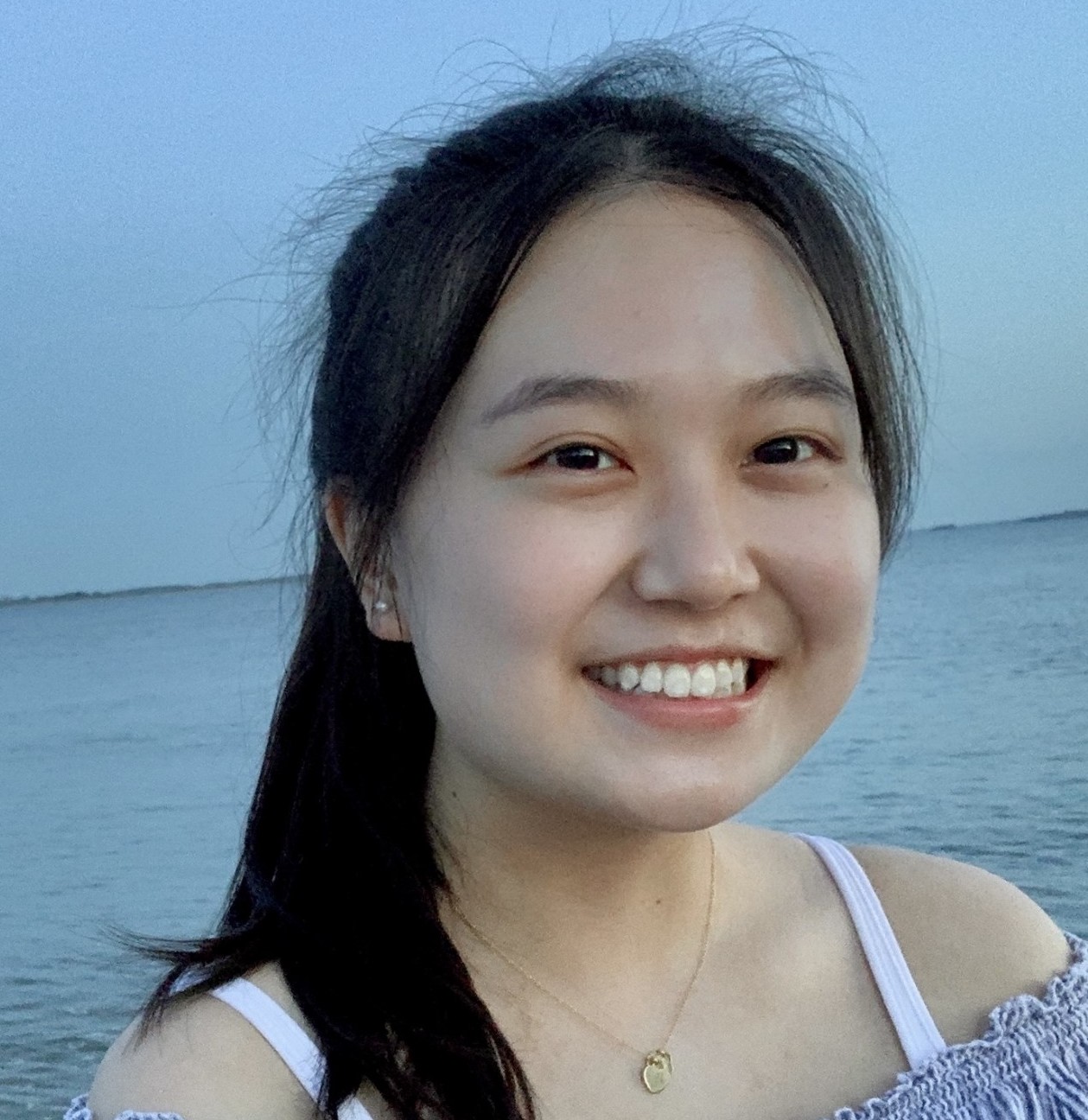
Background
Erin Kim is a doctoral student in Developmental Psychology working with Alex Shaw
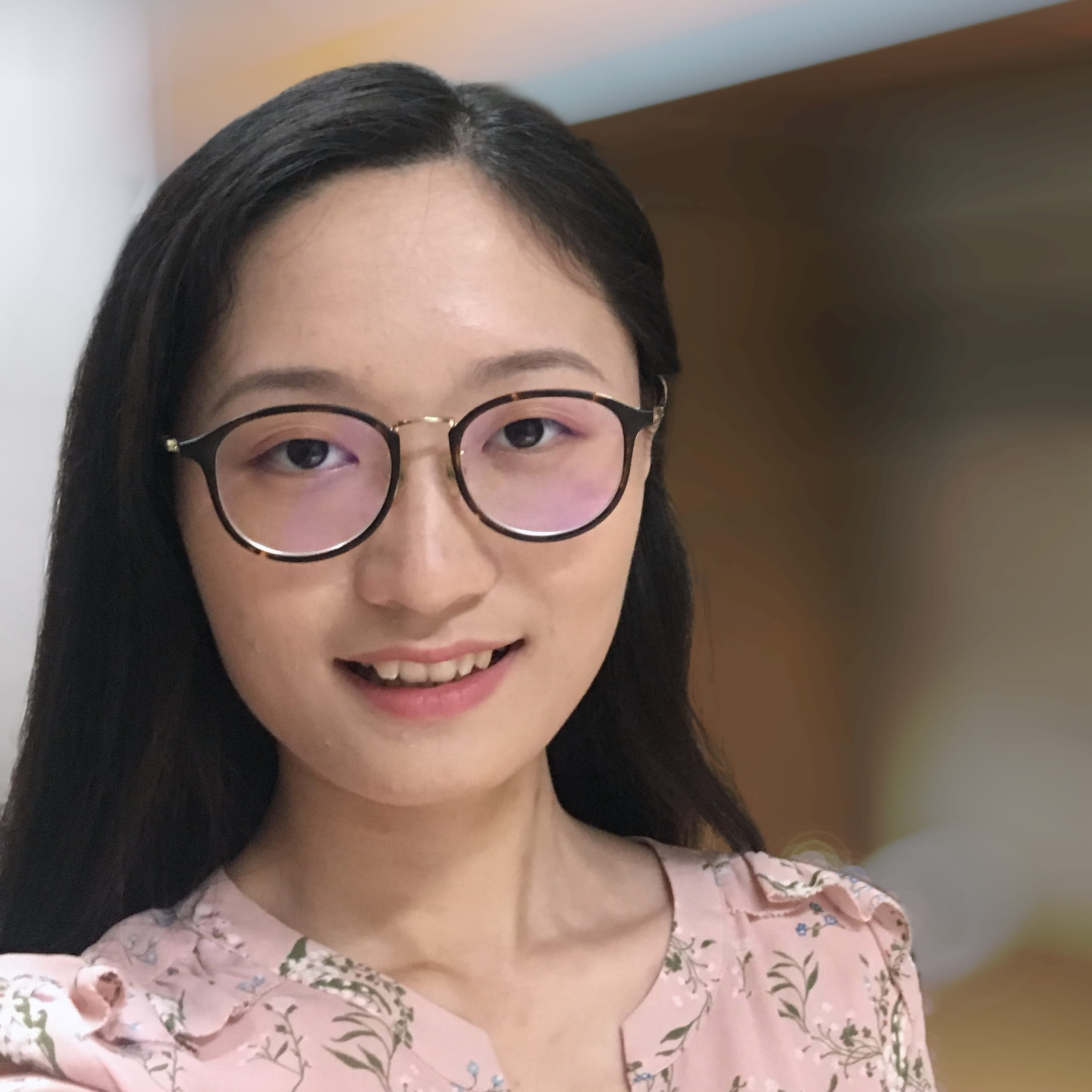
Background
Shan Gao is a doctoral student in Computational Cognitive Neuroscience working with Monica Rosenberg.
Research Interests
Shan is interested in how pieces of information are connected in our mind to build coherent world models, as well as how this process differs between human brain and artificial neural networks.

Background
Isabel Gephart is a doctoral student in Computational Cognitive Neuroscience working with Monica Rosenberg. Isabel received a BA from Colgate University with a double major in applied mathematics and neuroscience in 2022. Following graduation, she worked as a post-baccalaureate fellow in the Section on Functional Imaging Methods in the Laboratory of Brain and Cognition at the National Institute of Mental Health.
Research Interests
Isabel is interested in using neuroimaging and mathematical modeling to study individual differences in brain function, as well as how the brain changes over different time scales within an individual.
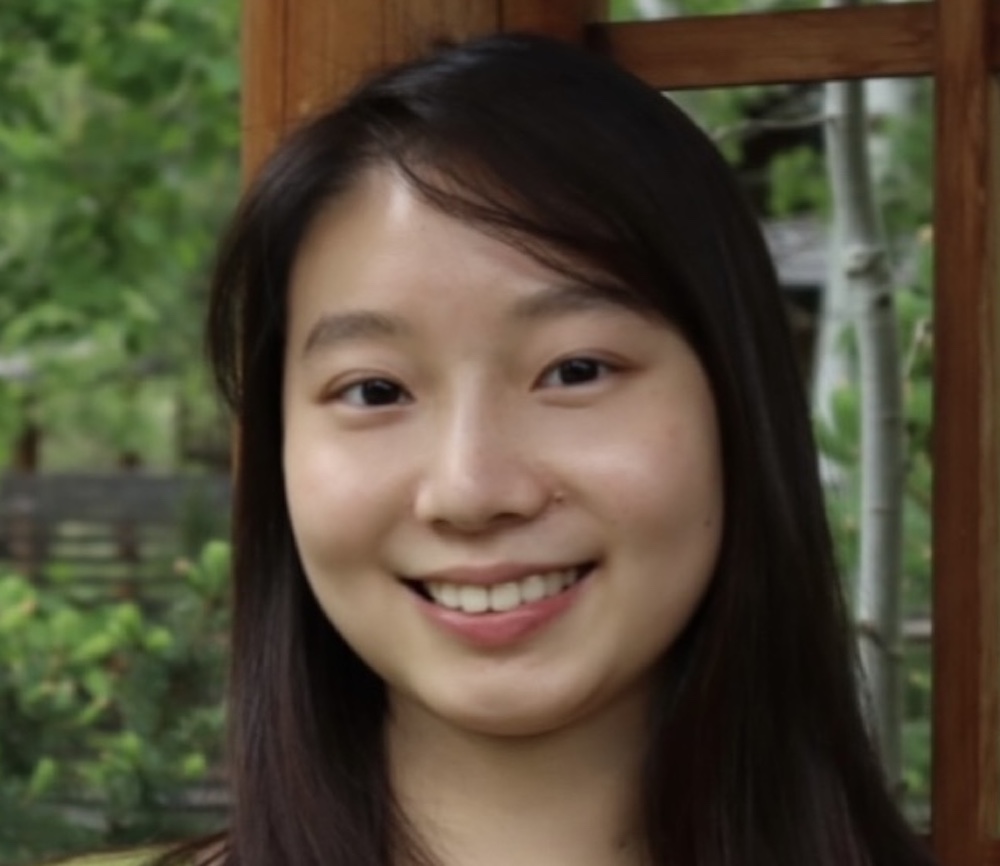
Background
Evie is a doctoral student in the Cognition program working with Wilma Bainbridge.
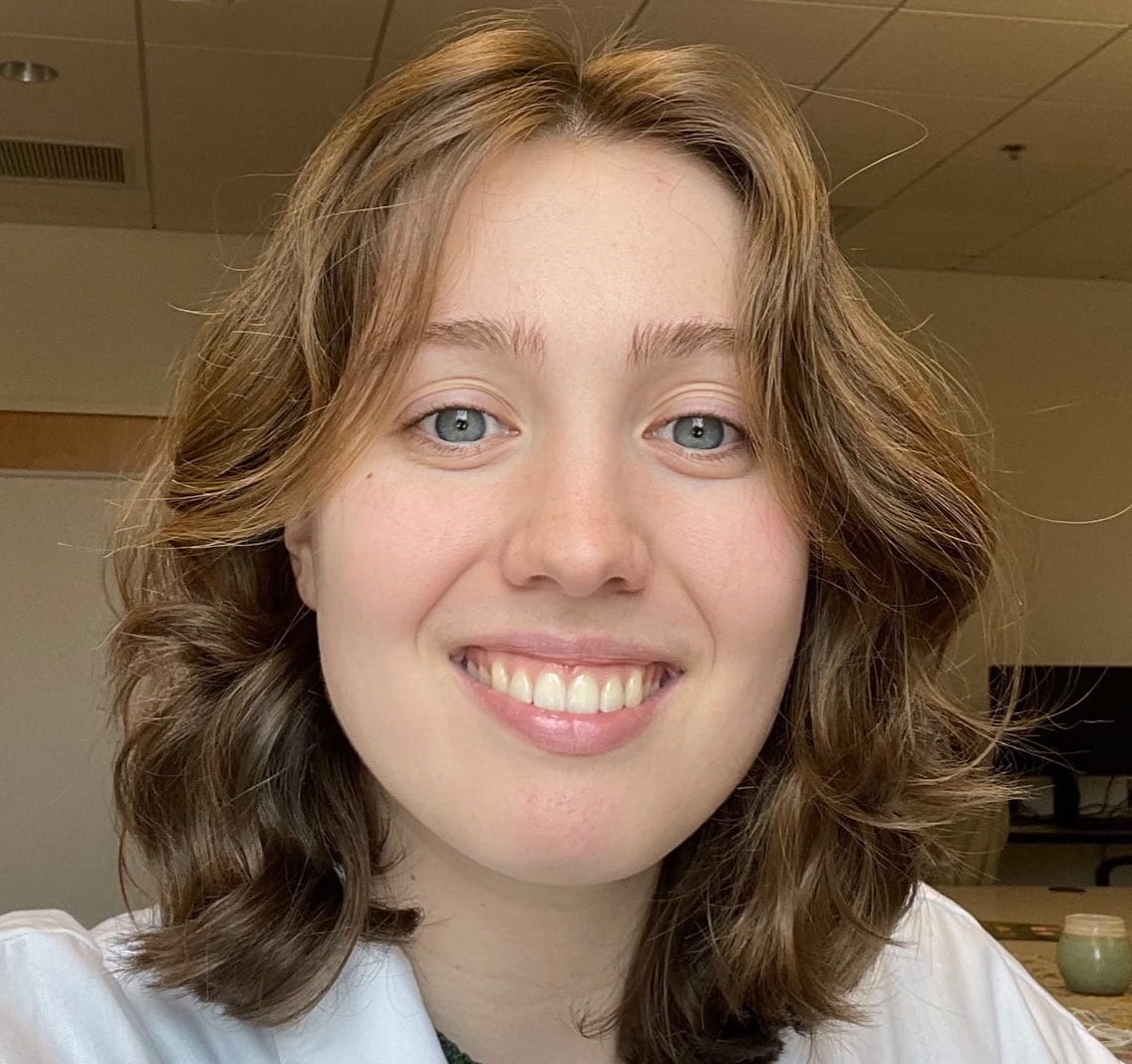
Background
Elizabeth is a doctoral student in the Integrative Neuroscience program working primarily with Greg Norman. Elizabeth received her B.A. in Neuroscience with a minor in Literature from Hamilton College (‘23), where she completed an honors thesis investigating the role of parasympathetic activity, depressive symptomatology, and attentional deployment in affective evaluation of images.
Research Interests
Elizabeth is interested in how individual differences interact with the external environment to influence evaluative processes and the behavioral responses these processes motivate. She is particularly interested in the physiological phenotypes and environmental factors that promote more adaptive perceptions of and responses to stressful conditions.